In recent years, the world has turned a keen eye towards emerging infectious diseases, and monkeypox is no exception. Although it is not a new ailment, its rising prevalence is capturing the attention of health enthusiasts, medical professionals, and the general public alike. But what exactly is monkeypox? How does it affect humans? And most importantly, what measures can we take to prevent it? This blog post aims to provide a comprehensive overview of monkeypox, covering everything from its symptoms and transmission methods to the historical context and prevention strategies. Whether you are a public health professional seeking detailed insights or a travel enthusiast curious about health risks, this guide is tailored to offer the information you need.
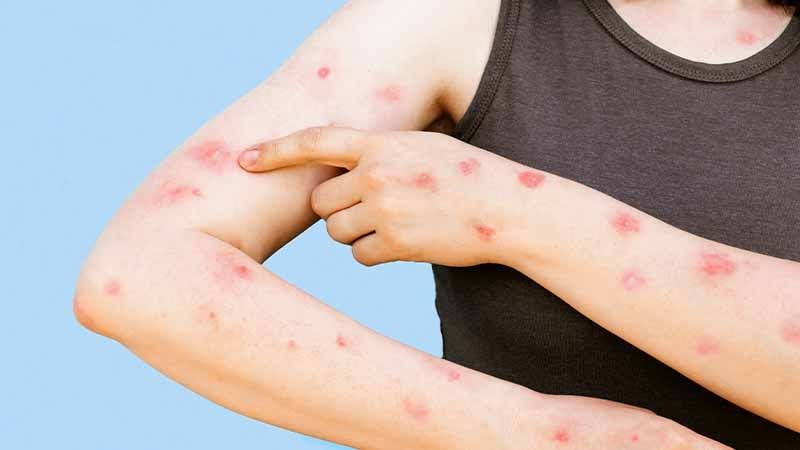
Understanding Monkeypox
Monkeypox is a zoonotic disease, meaning it is transmitted from animals to humans. It is caused by the monkeypox virus, which belongs to the same family of viruses as smallpox. However, unlike smallpox, monkeypox is not as easily transmitted between humans, making it less contagious. The disease was first identified in 1958 when outbreaks occurred in monkeys kept for research. The first human case was reported in 1970 in the Democratic Republic of Congo. Since then, sporadic cases have emerged in various parts of Africa, with occasional outbreaks outside the continent, often linked to travel or imported animals. Monkeypox shares some similarities with smallpox, such as the presence of a rash and flu-like symptoms. However, it is typically milder and less deadly. The virus can affect anyone, but children and individuals with weakened immune systems are at a higher risk of severe illness.
Monkeypox Symptoms
Recognizing monkeypox symptoms is crucial for early detection and management. The disease usually begins with flu-like symptoms, making it easy to confuse with other viral infections. Key symptoms include: Fever
Fever, Headache, Muscle aches, Backache, Swollen lymph nodes, Chills, Exhaustion
Within a few days of the initial symptoms, a rash usually develops, starting on the face and spreading to other parts of the body. The rash progresses through several stages, from macules to papules, vesicles, pustules, and finally scabs. The rash can be itchy and painful, and the lesions may leave scars. The incubation period for monkeypox is typically 7-14 days, but it can range from 5-21 days. Most people recover within a few weeks, but complications can arise, particularly in vulnerable populations.
Transmission Methods
Direct contact with the bodily fluids or lesions of an infected person or animal. Respiratory droplets during prolonged face-to-face contact. Contaminated materials, such as bedding or clothing.
History and Outbreaks
Monkeypox has a storied history, with outbreaks primarily occurring in Central and West Africa. The disease gained international attention during a 2003 outbreak in the United States, which was linked to imported African rodents. This event marked the first time monkeypox was reported outside Africa, highlighting the potential for global spread. More recently, in 2021, cases of monkeypox were reported in the United States and the United Kingdom, again associated with travel and imported animals. These incidents underscore the importance of vigilance and monitoring in preventing the disease spread. Efforts to control monkeypox outbreaks involve a combination of surveillance, prompt diagnosis, and community engagement. Public health professionals play a crucial role in educating communities about the disease and implementing effective response strategies.
Prevention Measures
Avoid contact with wild animals, particularly those that are sick or found dead in monkeypox-endemic areas. Practice good hand hygiene by washing hands with soap and water or using an alcohol-based hand sanitizer. Use personal protective equipment (PPE) when caring for infected individuals or handling potentially contaminated materials. Avoid close contact with people who have monkeypox symptoms. Vaccination, particularly in high-risk populations, can provide protection. The smallpox vaccine is known to offer some cross-protection against monkeypox.
The Role of Public Health Professionals
Public health professionals are at the forefront of monkeypox prevention and control efforts. Their work involves monitoring outbreaks, conducting research, and developing policies to protect public health. Effective communication is crucial in raising awareness about monkeypox and encouraging preventive behaviors. Public health campaigns should focus on educating both healthcare providers and the general public about the diseases symptoms, transmission methods, and prevention strategies. Collaborating with international health organizations and local communities can enhance the response to monkeypox outbreaks and prevent their spread across borders.
Travel Advice for Enthusiasts
Research your destination to determine if monkeypox is a concern and what precautions are advised. Get vaccinated if recommended, particularly for travel to high-risk areas. Avoid contact with animals, especially those in wildlife markets or areas where monkeypox has been reported. Practice good hygiene, including regular handwashing and use of hand sanitizers. Be aware of the symptoms of monkeypox and seek medical attention if you suspect exposure or experience symptoms.
The Impact on Animal Lovers
Animal lovers should also be cautious, as monkeypox is primarily a zoonotic disease. Pet owners should be aware of the risks associated with exotic animals and avoid contact with potentially infected pets. Veterinarians and those working with wildlife should use PPE when handling animals that may carry the monkeypox virus. Proper sanitation and biosecurity measures can help prevent transmission in animal settings. Education is key in ensuring that animal lovers understand the risks and take appropriate precautions to protect themselves and their pets.
Can Monkeypox Be Cured?
Currently, there is no specific cure for monkeypox, but most people recover without treatment. Supportive care, such as hydration, pain relief, and wound care, can help manage symptoms and prevent complications. In severe cases, antiviral medications may be prescribed, but their effectiveness is still being studied. Vaccination can provide protection and reduce the severity of symptoms in those exposed to the virus. Ongoing research aims to develop more effective treatments and vaccines for monkeypox. Understanding the diseases progression and identifying potential therapeutic targets are key areas of focus for scientists.
Can People Survive Monkeypox?
Yes, people can survive monkeypox, and the majority do recover fully. The disease is generally self-limiting, with a low mortality rate compared to other viral infections. However, severe cases can occur, particularly in individuals with weakened immune systems or underlying health conditions. Early detection and supportive care are crucial in improving outcomes for monkeypox patients. Public health interventions and community education can further reduce the diseases impact. Survival rates are influenced by factors such as age, overall health, and access to healthcare. Strengthening healthcare systems and ensuring access to medical care can enhance survival outcomes for those affected by monkeypox.




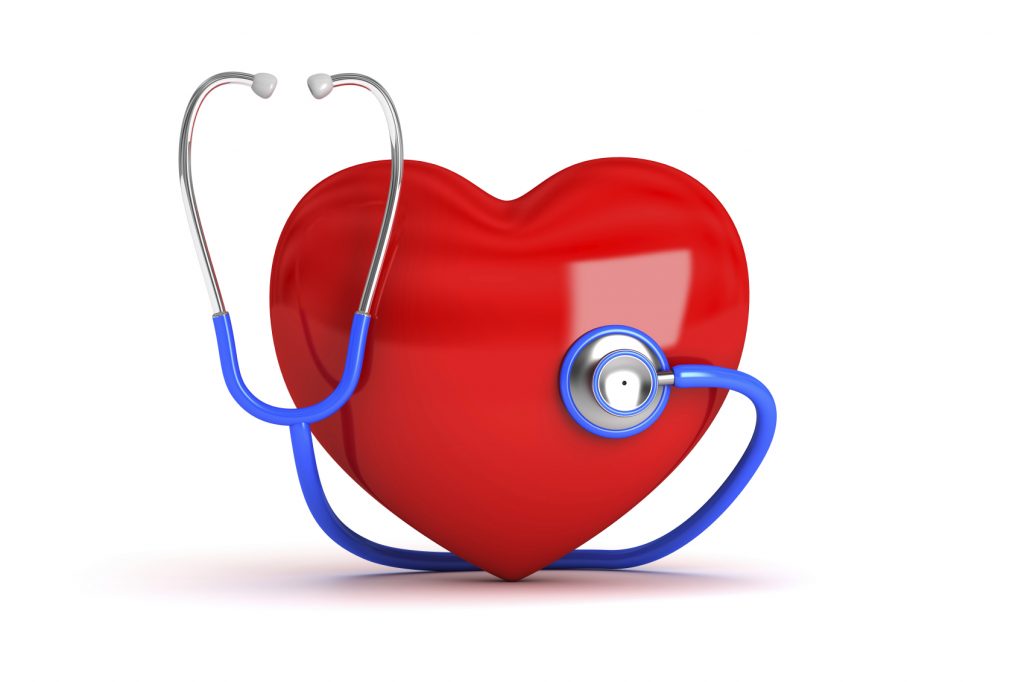

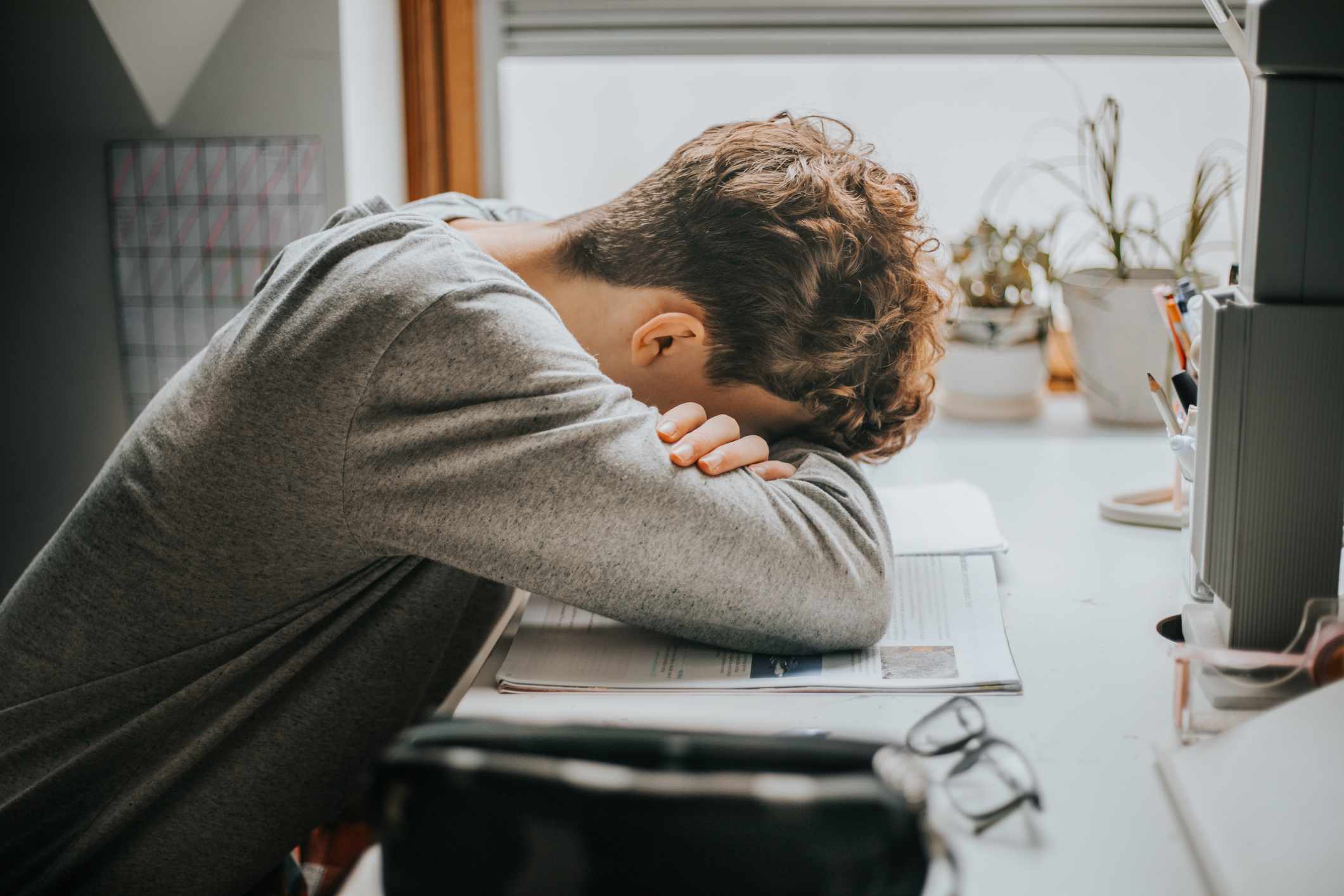

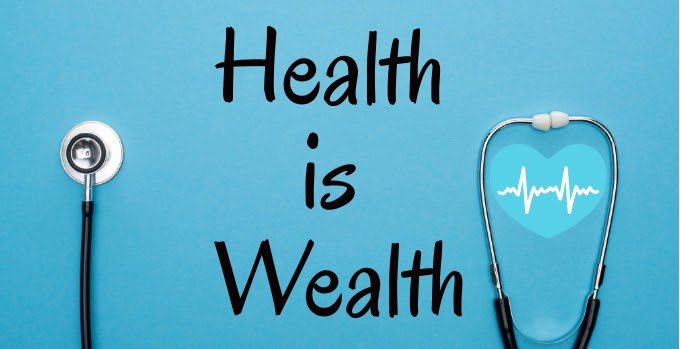


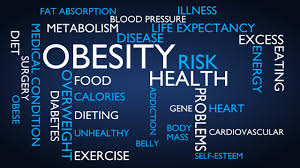



Comments
Leave a comment